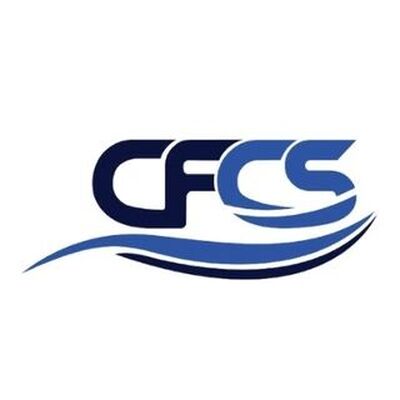-
 Encontrar enMiembros
Encontrar enMiembros Encontrar enVideos
Encontrar enVideos Encontrar enCanales
Encontrar enCanales
This website uses cookies to ensure you get the best experience on our website.
To learn more about our privacy policy haga clic aquíPreferencia de privacidad
- Etiquetas - #Minnesota CFSS
-
- Última actualización 26 de agosto de 2022 0 comentarios, 366 vistas, 0 likes
More from John den
More in Politics
Related Blogs
Archivo
What Is a CFSS Worker? | Rochester CFSS consulting
Cuerpo
A CFSS worker is a person who works with individuals who require a variety of services. These services are designed to provide participants with more flexibility and control over their care. They also offer payment for goods and services that will help participants maintain their independence. These services are administered through two different service delivery models, one of which is called an agency provider model and the other is called a budget model.
People receiving CFSS can also work as paid support workers to help another individual become more independent. Paid support workers can be parents, step-parents, or legal guardians of people who receive CFSS. There is a limit to the number of hours a paid family member can work during a calendar month, but exceptions should be made for emergencies. CFSS workers must develop a person-centered service delivery plan with people they assist, based on the individual's needs.
Support workers may be parents or spouses who have been trained in CFSS. In addition, a person with a disability may choose to hire support workers who provide the person with independence aids. Support workers can also be hired under the CFSS budget model, where the state provides the budget for training support workers. Support workers work with people who have disabilities to develop their individual plans.
The CFSS service delivery model covers services necessary to carry out daily tasks. This plan provides flexibility in service delivery and provides the flexibility to select a home care worker, supervise the worker, and set the worker's schedule. Another service delivery model uses a financial management service provider to handle payroll, taxes, and benefits for home care workers.
A state plan amendment proposed by DHS states that the amended state plan should take effect April 1, 2014. Although DHS is not able to meet this deadline, it is important to note that MnChoices, the tool used to assess the individual's abilities, limitations, and goals, will not be fully implemented in all counties until June 2014. That means that people who currently receive PCA services will have a significant role in the selection of their support workers.
Community First Services and Supports is a new program in Minnesota being developed to help people live independently in their own communities. This program will replace Personal Care Assistance (PCA) and the Consumer Support Grant, and provide more choice and flexibility for participants. It will also allow people to purchase items that aid in independence.
The program will be rolled out in the state of Minnesota, replacing the Personal Care Assistance program and the state's Consumer Support Grant. The new program is currently in development and requires federal approval.










Comentarios